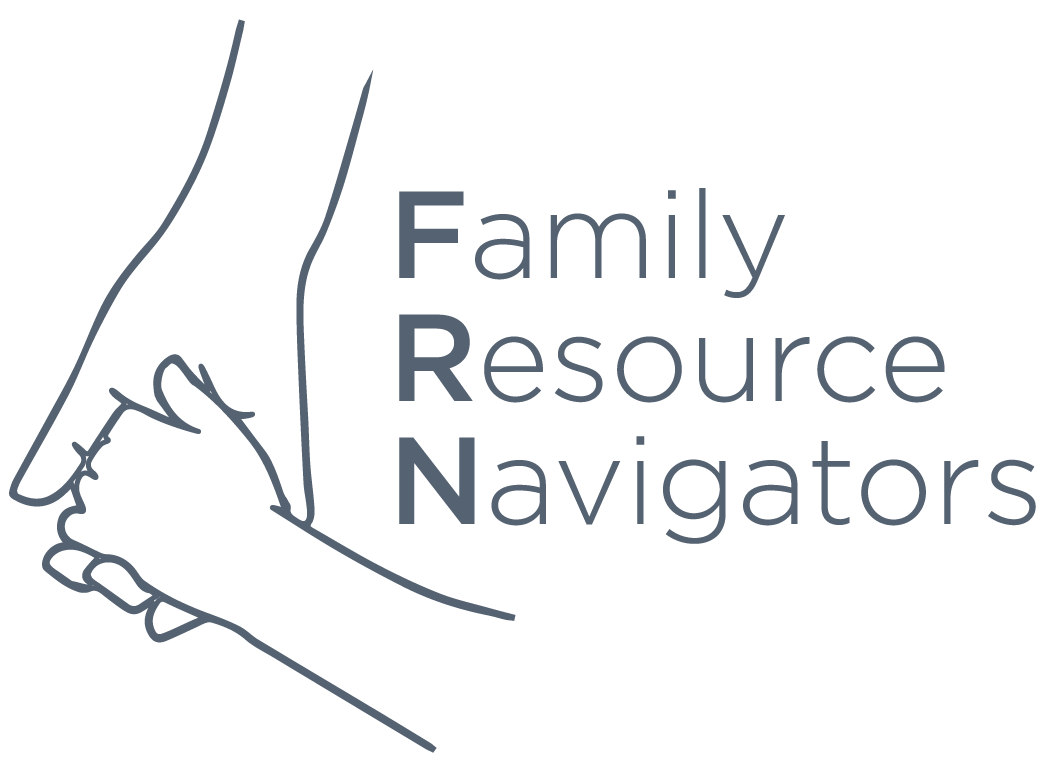Many of us have a child receiving special education services with an IEP (Individual Education Plan). I have been working with families for 20 years now, and I have yet to meet a parent who looked forward to an IEP meeting. Most parents feel stressed, depressed and defeated in the IEP – and there are tons of memes to prove it.
 A fear that low expectations can push our kids behind
A fear that low expectations can push our kids behind
Some parents complain that their schools do not have high expectations for their child in the IEP. Sometimes teachers suggest only low level goals for their kid and tell the family that these are appropriate. A lot of parents I work with get consumed with worry that their child will fall further and further behind their typical peers with low goals and expectations. This can be really frustrating, especially when you believe your child can meet more ambitious goals – even do the same academics as other kids their age – if they had the right help.
A new advocacy tool: The Endrew F Supreme Court Decision
For parents who feel that the school is not offering appropriately ambitious IEP goals for their child, the Endrew F decision is an important advocacy tool to get to know. Here’s the context:
In March of 2017, the US Supreme Court issued a unanimous decision in the case of Endrew F, a young person with autism. Endrew had not been making progress with his IEP at his public school. In fact, his parents thought that the IEP offered him in 5th grade was pretty much the same one as had been offered last year (and the year before that…). Endrew’s parents decided to place him in a school specializing in children with autism – and asked his public-school district to pay for it as appropriate to Endrew’s needs. Endrew thrived in the new school and made both behavioral and academic progress. The school district did not want to pay for the private school and argued that the small amount of progress Endrew had made was appropriate. Endrew’s parents got an attorney and pursued this to the Supreme Court of the United States. Their ruling: private school was appropriate for Endrew.

How can I use this decision to help my child?
The Endrew F decision is important to everyone with kids with IEPs because in that decision the US Supreme Court said that: a school must offer an IEP reasonably calculated to enable a child to make progress in light of that child’s circumstances. Having no progress – or minimal progress like Endrew had – was not what the law required schools to do. In fact, the US Supreme Court stated that “every child should have the chance to meet challenging objectives”.
This is great news for those of us frustrated that our child’s school does not have challenging objectives or high expectations for our child.
If your school district is offering the same goals year after year, you can remind them that:
- You are not an attorney – BUT the recent Endrew F case stresses that the IEP must aim to enable a child to make progress.
- That that this is not happening for your child because the same goals goals are being repeated.
- If we as a team are not doing anything different for a child – how can we expect progress?
If your school district offers your child the same program as every other child with the same diagnosis (and it’s not a good fit), you can remind them that:
- The Endrew F decision reinforces the idea that kids should not be offered an existing program but one that focuses on the individual and unique needs of the child.
The big takeaway is: advocate for meaningful and reasonable goals for your child - that includes academic achievement at grade level
Remember, if your school does not agree, you have a right to an outside assessment at the district’s expense. To do this, you notify your school district via letter that you don’t agree with their evaluations, and that you want them to fund an outside evaluation at district expense. The school does not have to follow this new evaluation, but it is an important way to change the conversation about what the child needs and what services and supports are appropriate for them.
If you live in Alameda County and need help with any of the above? Contact FRN at info@familyresourcenavigators.org.
If you want to get more info or geek out on the Endrew F decision, click here.

0 comments on “The Endrew F Decision can make you a better IEP negotiator”